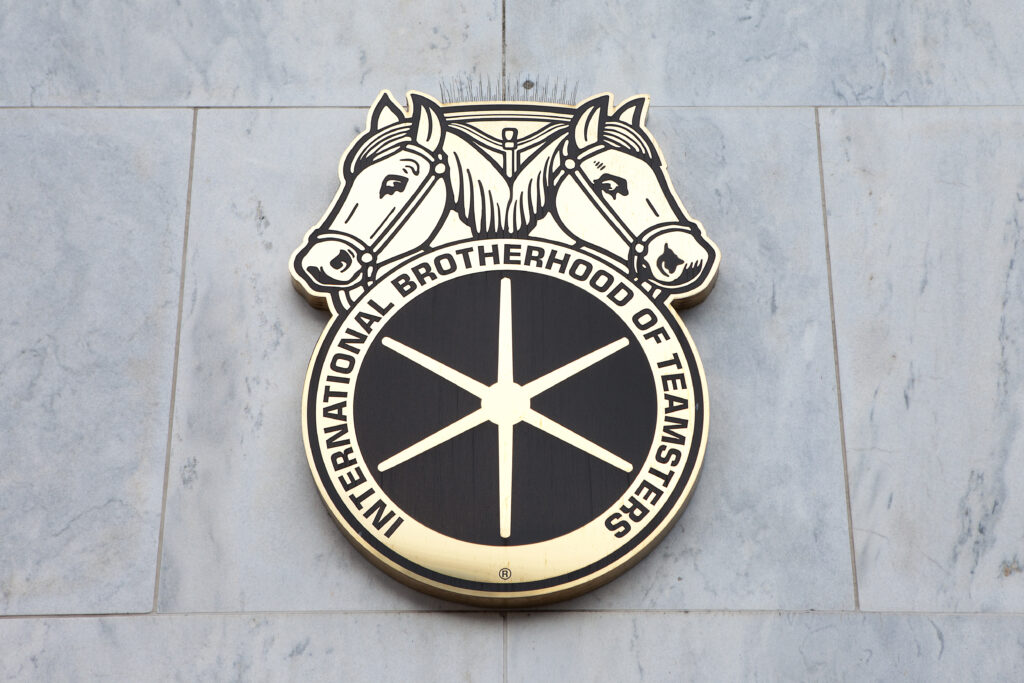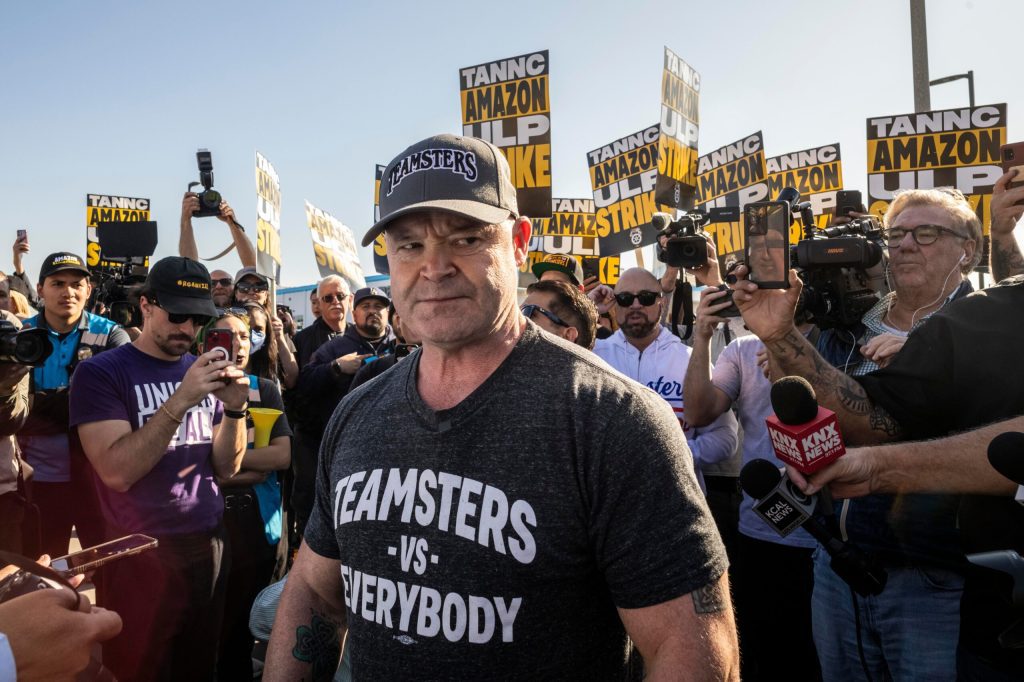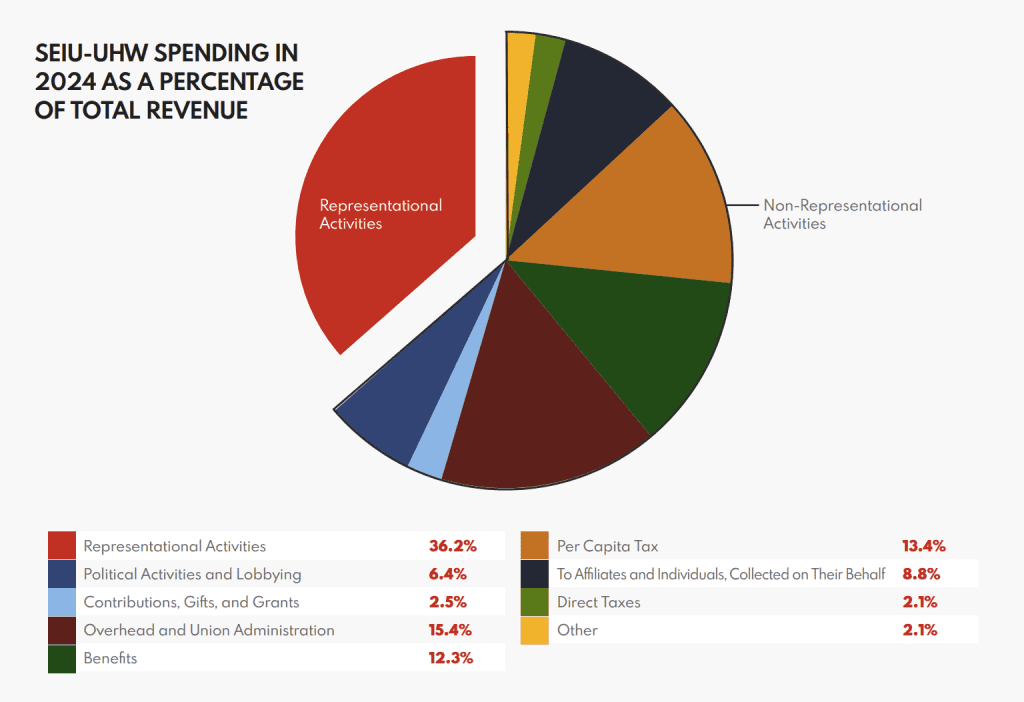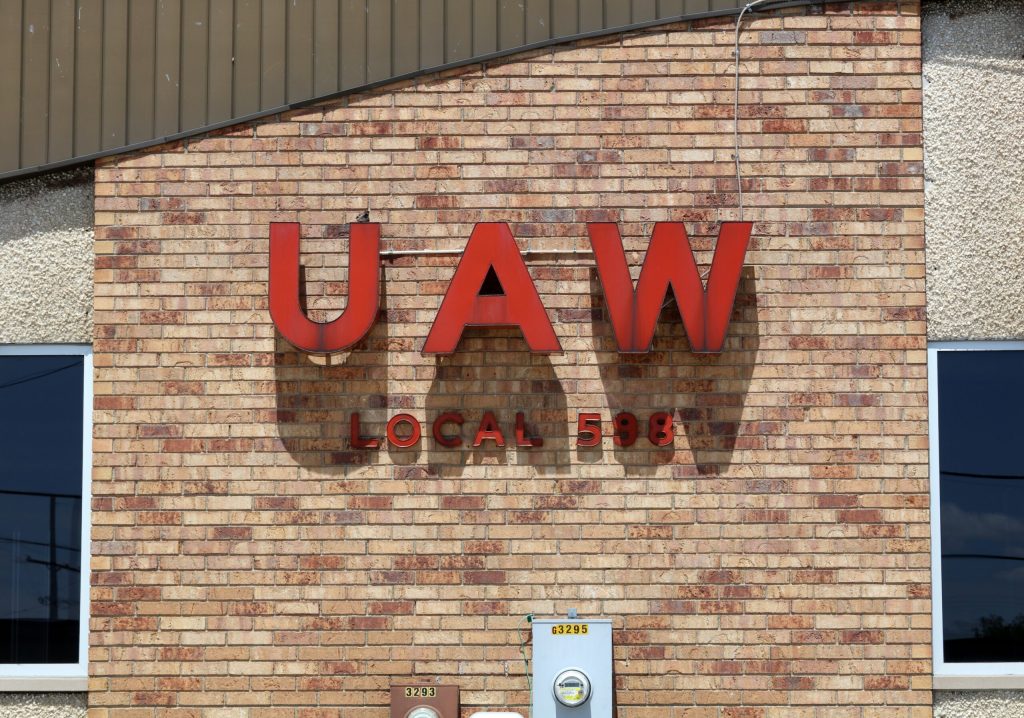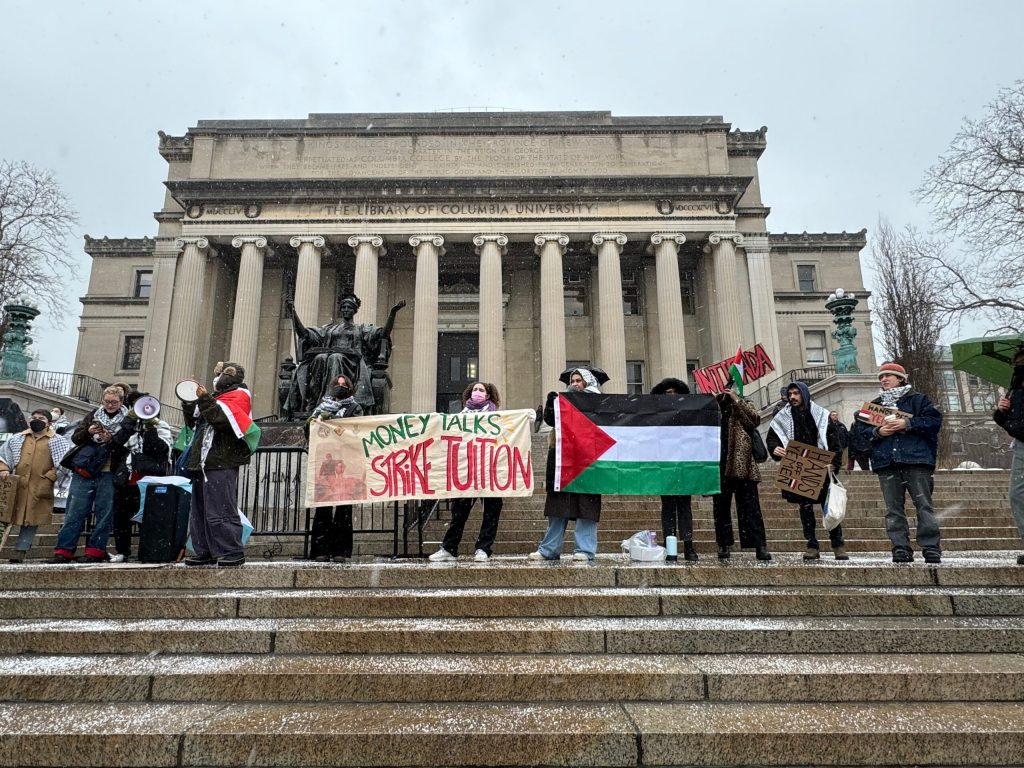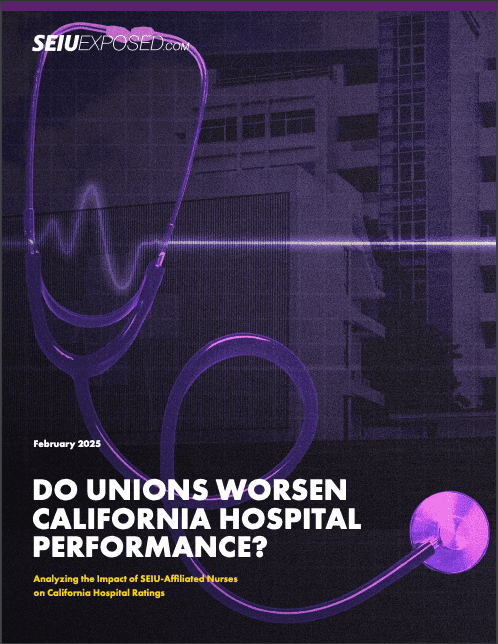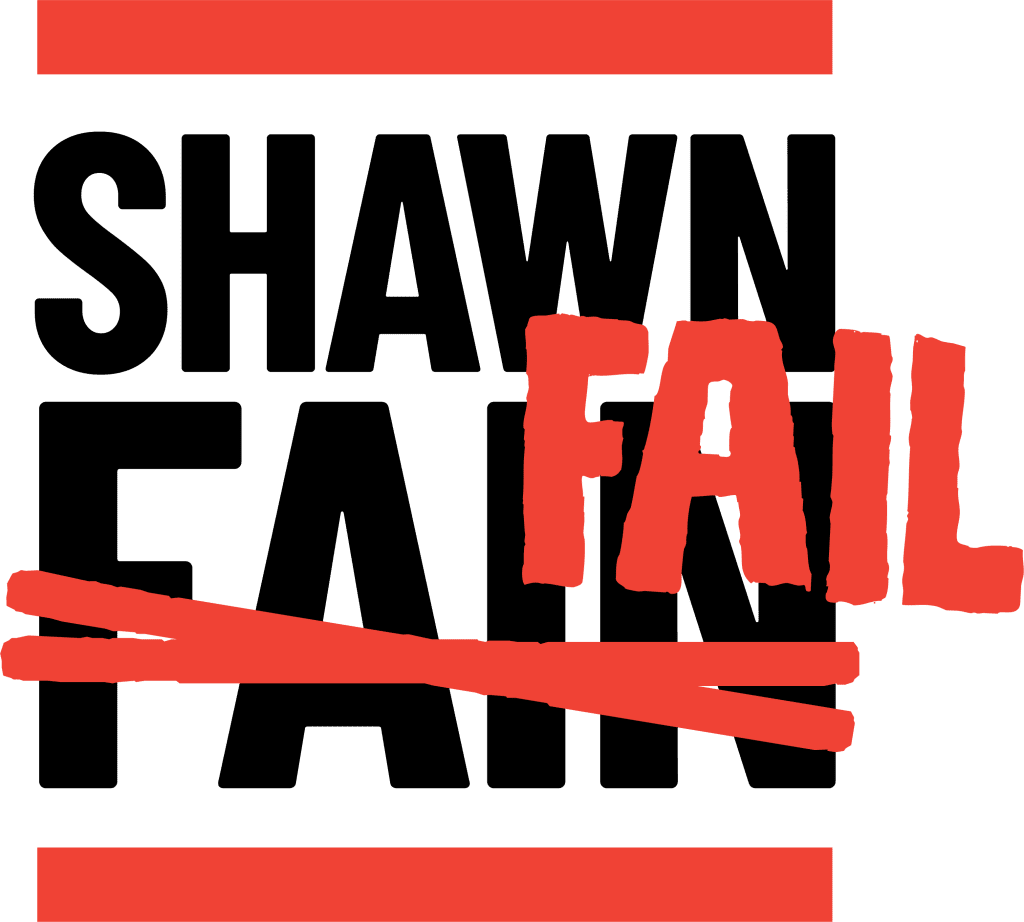Get the full story on what’s going on at the country’s most prominent labor unions.
100% of Rail Union Political Advocacy Dollars Went to Left-Wing Organizations
Today, the Center for Union Facts (CUF) released a new report on how two major unions affiliated with the International Brotherhood of Teamsters – the…
For Some Unions, the “Summer of Strikes” Became the Winter of Woes
Summer 2023 was hailed as the “Summer of Strikes” as major labor unions across the country threatened or conducted work…
Revived Lawsuit Could Hold Teamsters Accountable for Yellow Trucking’s Bankruptcy
In 2023, the 96-year old trucking company Yellow Corporation filedfor bankruptcy in the midst of a dispute with the International…
100% of Rail Union Political Advocacy Dollars Went to Left-Wing Organizations
Today, the Center for Union Facts (CUF) released a new report on how two major unions affiliated with the International Brotherhood of Teamsters – the…
For Some Unions, the “Summer of Strikes” Became the Winter of Woes
Summer 2023 was hailed as the “Summer of Strikes” as major labor unions across the country threatened or conducted work…
Revived Lawsuit Could Hold Teamsters Accountable for Yellow Trucking’s Bankruptcy
In 2023, the 96-year old trucking company Yellow Corporation filedfor bankruptcy in the midst of a dispute with the International…
Union Hypocrisy Alert: SEIU-UHW Says “Do as We Say, Not as We Do”
SEIU-UHW is pushing a ballot measure in California called the “Clinic Funding Accountability and Transparency Act.” What’s in the proposal?…
Hypocrisy Alert: Union-Controlled Amalgamated Bank Profiting off Immigration Crackdown
Activists and members of the labor union Workers United have sounded off against recent immigration enforcement actions. They might be…
New UAW Monitor Report Exposes Wrongdoing By Shawn Fain and UAW Leadership
On June 17, the UAW’s court-appointed corruption Monitor released a report on the ongoing investigation into Shawn Fain. The report…
SEIU-UHW Spent $33 Million in Red-Flag-Raising Expenses in 2024, and May be Splurging on Luxury Hotels for Staffers
After analyzing SEIU-UHW’s 2024 form LM2, SEIUExposed has released a new factsheet on UHW’s spending. Overall, the union made over…
Columbia Student Organizations Tied to the UAW Alleged to Have Coordinated With Hamas
A shocking lawsuit filed last month alleged that several student organizations at Columbia University had advance knowledge of the Hamas October 7…
Hospitals With SEIU-Represented Nurses Have Statistically Worse Patient Outcomes
The Service Employees International Union (SEIU) has made it their mission to unionize California hospitals saying it will “lead to…
Shawn Fain’s Terrible, Horrible, No Good, Very Bad Year
Last year, the United Auto Workers (UAW) union was riding a wave of positive press in the wake of its…

